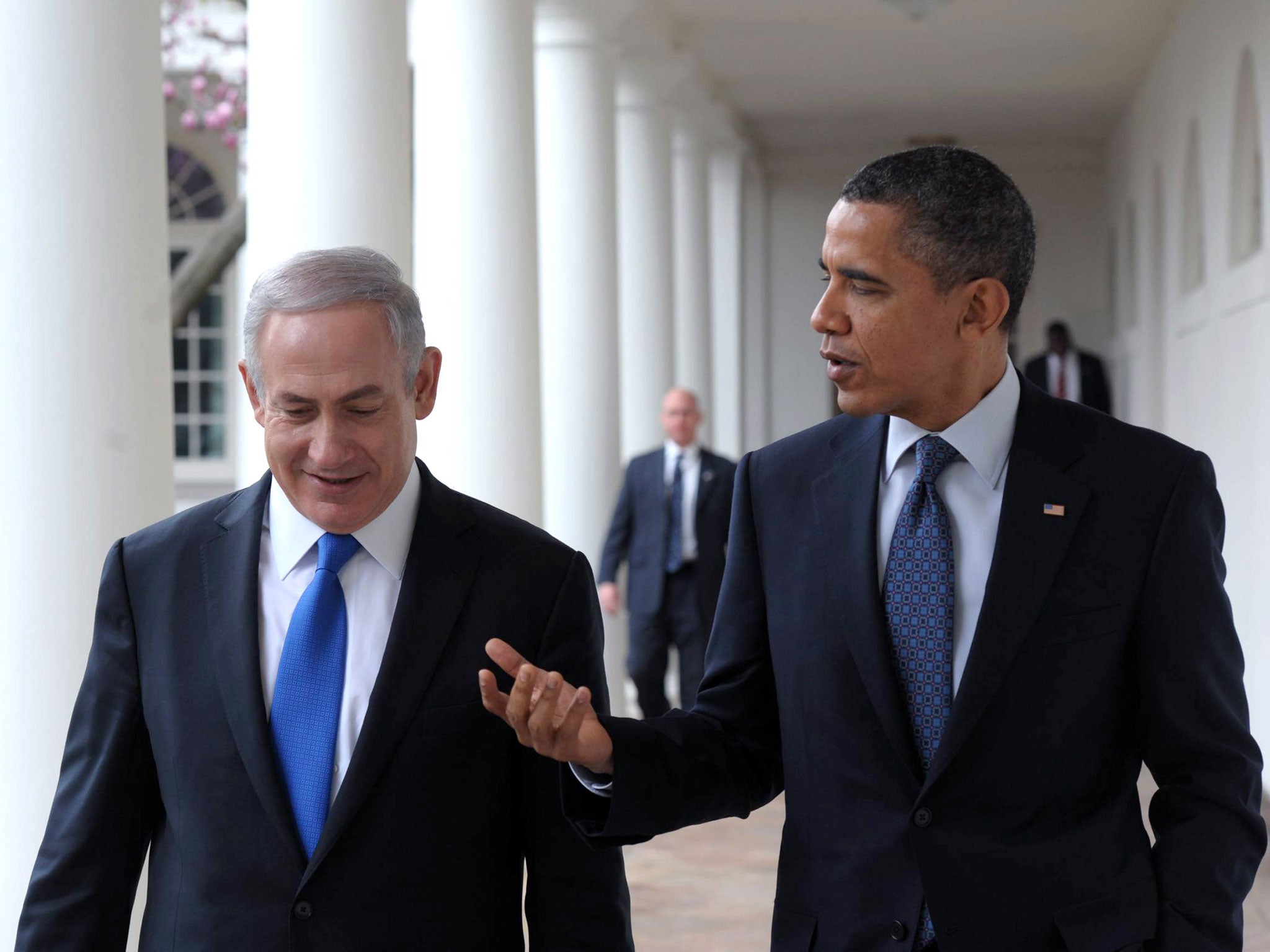World View: Be realistic about Obama’s trip to Israel – he’s going because he has to
Plus: With billions wasted through corruption, lack of security and poor contracts, the true cost of our failure in Iraq is beyond count

Will President Obama go ahead with his visit to Israel on 21 March as planned or will he have to postpone for lack of a government there? And does it really matter whether he goes or not?
Symbolically, at least, it would be an important moment. This would be the first trip to Israel by Obama since he took office in January 2009. The decision has aroused a flurry of analysis and advice arguing that this could be the moment that the US President, secure in his second term, could finally make a new initiative to bring peace to the Middle East.
If only. Pessimism in the Middle East has never proved misplaced. But there is always a first time and there are some reasons for hoping that this occasion might at least provide an opportunity for change.
One is the appointment of John Kerry as the new Secretary of State, a man well versed in the problems of the region from his Senate days, and who appears to be determined to get talks between the Israelis and the Palestinians restarted as an urgent objective of policy.
The other cause for hope is Israeli politics. Benjamin Netanyahu’s incomplete victory in last month’s elections has left him desperately scrabbling for enough partners to form a coalition. While that may well include some extreme pro-settler figures, his main target seems to be a centre-left coalition that could encourage talks with the Palestinians. Certainly his rhetoric on the question seems to have softened of late.
The difficulty is that nothing that has happened in the past few months has changed the fundamentals. On the one side, Israel’s settlement activity has progressed to a point where (quite deliberately) it is now almost impossible to conceive of any government in Israel forcing the settlers to leave.
On the other side, the Palestinians remain as divided as ever, even more so after the Israeli bombing of Gaza reinforced the position of Hamas there and made (not to Israel’s displeasure) the Palestinian Authority look all the more feeble.
Washington had hoped that the election of Mohamed Morsi in Egypt, and the role he played in brokering a ceasefire in Gaza, might help along peace talks with the Palestinians. But, as Kerry found on his recent visit there, Morsi has quite enough problems at home without taking on responsibilities for Palestinian negotiations.
And so the hope, as ever, is on Washington somehow forcing the participants to come to the table. But then that, too, is to expect a degree of change for which there is no evidence.
The reason that Obama didn’t visit Israel in his first term, despite all the political advice to do so, was that early on he saw no advantage in it. That still remains the case. For all the developments in the Middle East, Washington’s policy remains firmly stuck in confrontation with Iran, an excessively close alliance with Saudi Arabia and relative powerlessness over Israel.
If Obama needed reminding why the Middle East is just too difficult for an American president, he need only look at the travails that Netanyahu has had in forming a new government.
The one breakthrough will not be on peace talks. Obama is going because he promised for domestic reasons to do so during his re-election campaign. The White House says he has no new plan to offer but wants to discuss Iran and Syria as well as Palestine. If talks with the Palestinians do take place, they will be largely cosmetic.
The real contribution of the visit, if it takes place, will be to show that it is no good for the Europeans or the Arabs to look to Washington as a deus ex machina in the Middle East. It is not a role it seeks nor has any longer the power to perform.
The true cost of our failure in Iraq
Over the week Patrick Cockburn has been detailing in these pages just how little has improved in Iraq since we decided to invade it. Over in Washington the Inspector General for Iraq Reconstruction, Stuart Bowen, has been putting the facts and figures on the failure.
In his final report published Wednesday, Bowen said that of the $60bn spent by the US on rebuilding Iraq, some $8-10bn was wasted through corruption, lack of security and poor contracts, millions were stolen and, as far as the Iraqis themselves were concerned, it was far from clear the effort was worth the cost.
The same could be said for our own efforts around Basra, except that we don’t have the monitoring system that the Americans have, and there has been no public accounting for the failures there or even a proper assessment of what went wrong.
We all know the reasons. It would be politically embarrassing for both the Government and the armed services. But it says little for parliament that, while it obsesses over the reasons for going to war, it takes so little interest in what happened after. It needs to. We’re now making exactly the same mistakes in Afghanistan.

Join our commenting forum
Join thought-provoking conversations, follow other Independent readers and see their replies